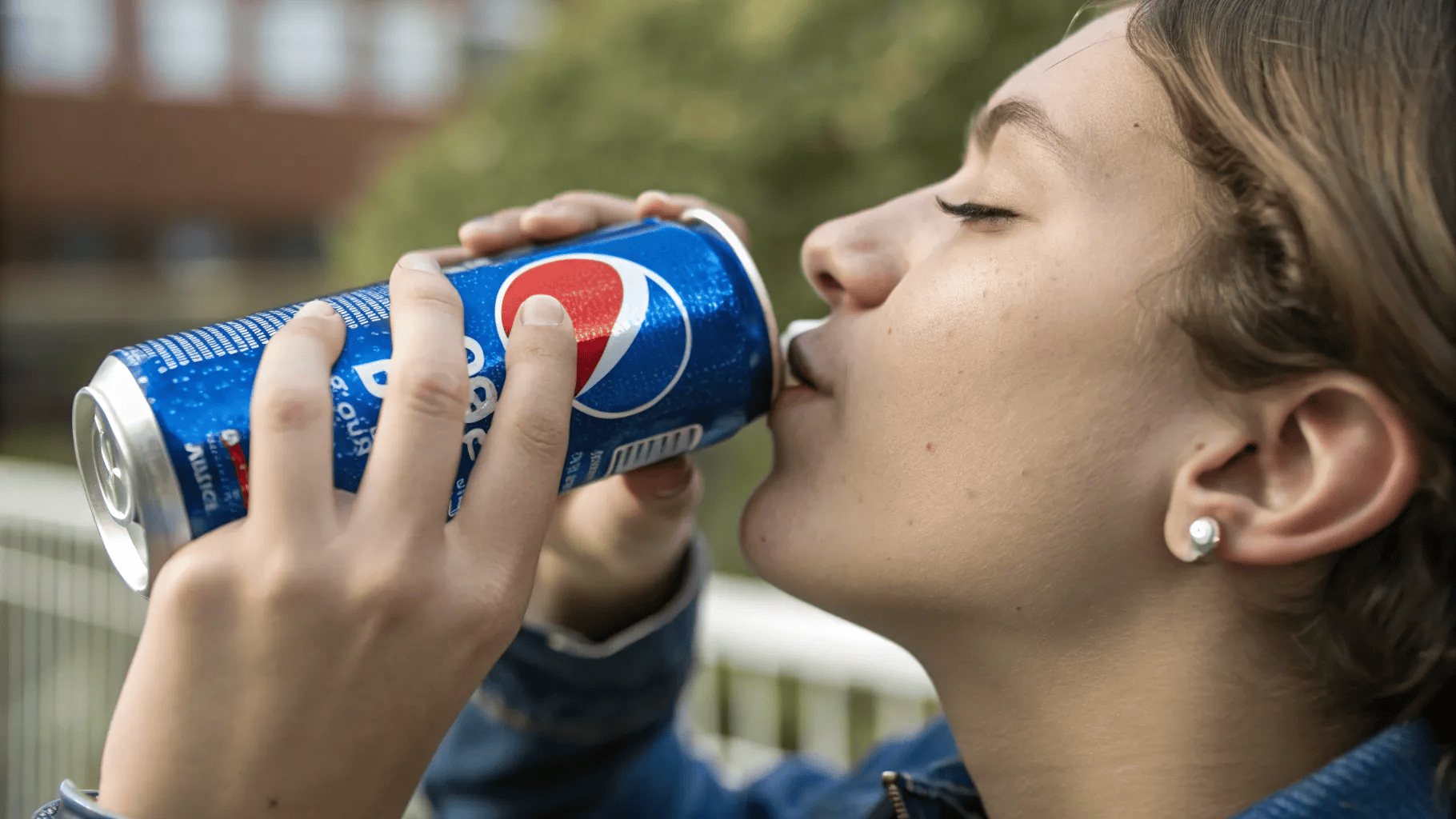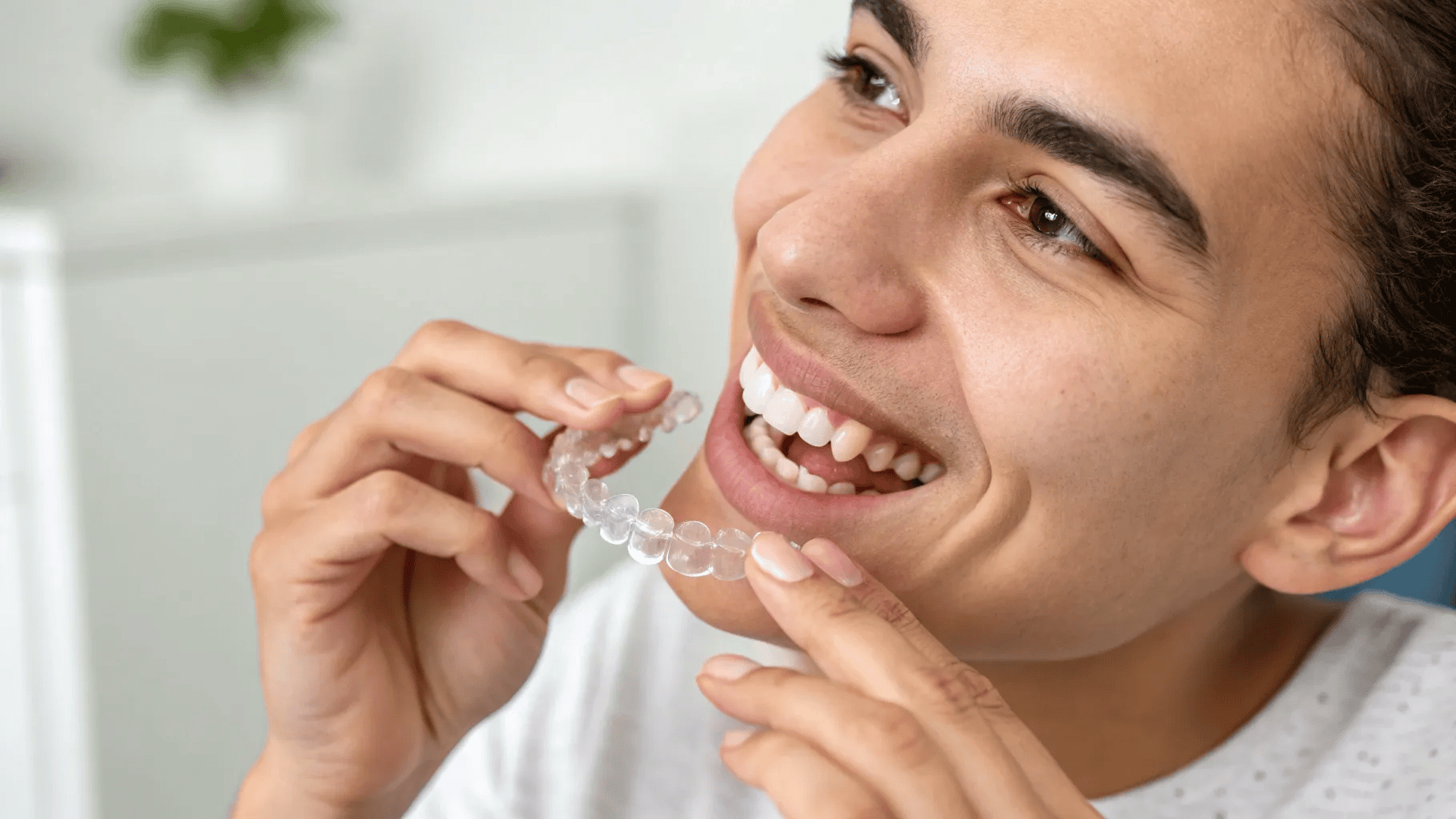Oral Health with Invisalign: What You Should Stop Doing During Invisalign Treatment
Maintaining oral health with Invisalign is crucial for those undergoing orthodontic treatments. While this innovative method helps straighten teeth effectively, certain habits can lessen the effectiveness of clear aligner treatment. In this blog, we will explore six common practices that can be detrimental to your dental health during Invisalign treatment and could lead to cavities, gum recession, and other issues.

1. Sucking on Lemons
Sucking on lemons may sound refreshing, but this habit can be harmful to your teeth. Lemons are highly acidic, and when you expose your teeth to acid, it can lead to the breakdown of enamel, which is the protective outer layer of your teeth. Over time, this can result in decalcification and increased sensitivity.
If you do consume acidic drinks like lemonade or orange juice, avoid brushing your teeth immediately afterward. The enamel becomes softened due to the acid, and brushing can further damage it. Instead, wait at least 30 minutes to allow saliva to neutralize the acid and remineralize your teeth.
2. Biting on Ice
Biting on ice might seem harmless, but it’s one of the worst things you can do for your teeth. Ice is hard, and biting down on it can cause chips and fractures in your enamel. As we age, our enamel naturally becomes more brittle, making it more susceptible to damage from hard substances like ice.
Instead of chewing on ice, consider opting for softer alternatives. Protecting your enamel is vital to maintaining your overall dental health and avoids disrupting your orthodontic treatment process.

3. Sipping on Sugary Drinks All Day Long
Constantly sipping on sugary beverages like soda or sweetened coffee can wreak havoc on your oral health. Sugar feeds the bacteria in your mouth, which produce acid as they metabolize it. This acid contributes to plaque formation and can lead to cavities over time.
To maintain a healthy mouth, limit sugary drinks and consider drinking water instead. If you do indulge in a sugary beverage, rinse your mouth with water afterward to help mitigate the effects of the sugar.
4. Using Teeth as Tools
Many people have a habit of using their teeth as tools for opening packages or cutting threads. This practice can lead to significant wear and tear on your teeth, resulting in microfractures that can worsen over time.
Such damage typically requires dental procedures like cosmetic bonding or veneers to repair, which can be costly. It’s best to use the appropriate tools for tasks instead of relying on your teeth.
5. Tongue Piercings
Tongue piercings may be trendy, but they pose risks to your dental health. The jewelry can come into contact with your teeth, leading to fractures and chips, particularly on the front and bottom teeth. If you have a tongue piercing, be cautious and consider the potential damage it could cause to your smile.
In the event of any dental damage from piercings, repairs can be expensive and may involve bonding or veneers.

6. Jiggling Your Teeth with Inconsistent Aligner Wear
One of the most detrimental habits during the Invisalign treatment process is inconsistent aligner wear. When you frequently take your aligners out for snacks or drinks, you disrupt the pressure being applied to your teeth, causing them to “jiggle” and potentially shift back to their original positions.
To achieve the best results from your treatment, aim to wear your aligners for at least 20 to 22 hours a day. This consistency allows your teeth to move into the desired position effectively and ensures that your bone structure adapts to the changes.
Conclusion
Being aware of these habits and making conscious efforts to avoid them can significantly improve your dental health during Invisalign treatment. Remember, it’s easier to prevent damage than to fix it later. Understanding the negative consequences of our actions can motivate us to change our habits for the better.
By avoiding these six detrimental practices, you can protect your teeth and maximize the benefits of your Invisalign treatment. If you have any questions or concerns regarding your orthodontic journey, consult your orthodontist for guidance and support.